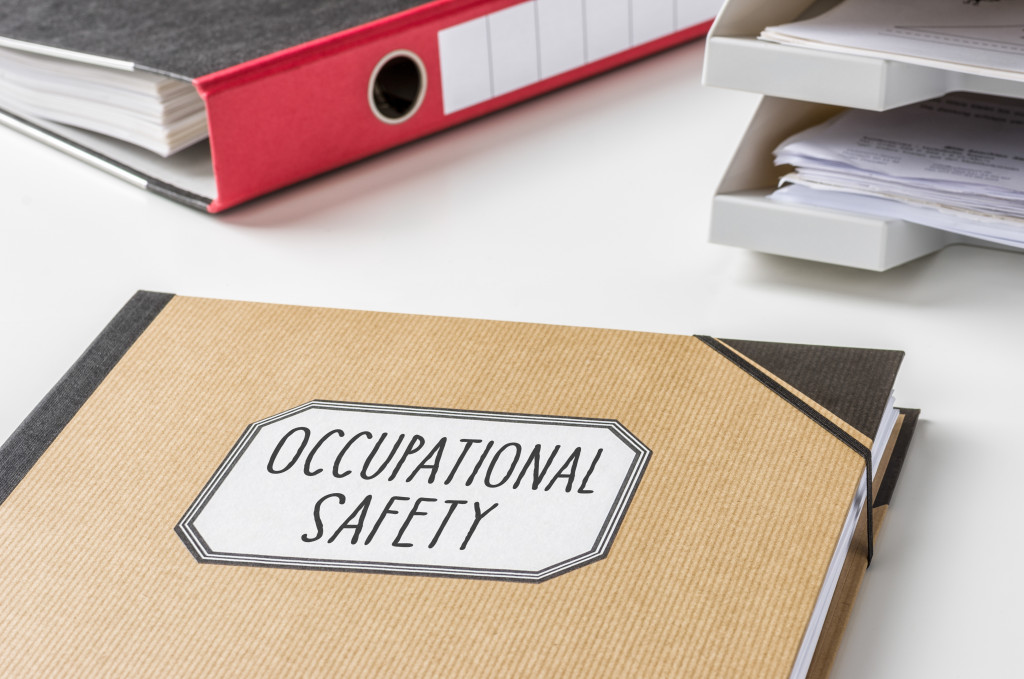In any industry, there is a code of conduct for professionals. Laws govern these policies. Doctors need to follow the rules of good medical practice. Any show ever produced by a media company must abide by the guidelines under the Federal Communications Commission. Your business is not an exception.
In fact, there are several laws any business should know and follow. They govern everything from the conception of your business to the hiring process and the exportation of products. Your human resource team is responsible for complying with laws on employees’ rights and your company’s obligations to them. It is the human resource (HR) team’s job to follow these laws. By doing so, you avoid the risks of lawsuits and reputational damage that will result in big financial losses. That said, these are some laws your HR team need to know:
Fair Labor Standards Act
The Fair Labor Standards Act was enacted in 1938 to protect employees from adverse workplace conditions. This law covers everything you need to know about the minimum wage, classification of employees, overtime pay, keeping of records of employees, and even child labor.
When the law was enacted, the federal minimum wage was ¢25 per hour. Since 2009, the minimum wage in the United States is $7.25 per hour. Your business might be located in a state that has a different rule on minimum wages. In that case, your employees should get whichever is higher. The regular working hours in a workweek is 40. If employees work hours over that specified time, they are entitled to 1.5 times their regular rate for every hour worked.
Family and Medical Leave Act
The Family and Medical Leave Act (FMLA) provides employees the security of keeping their position after taking 12 weeks of unpaid leave every year. This law also provides that companies must maintain health benefits throughout the leave period of an employee.
An employee may apply for FMLA leave for the following reasons:
- Serious health condition
- Birth of a child
- Serious health condition of an immediate family member
- Emergency care of a family member under military service
If you are an employer in the private sector that employs more than 50 people, your employees are covered by this law. The law mandates every business establishment to inform its employees about the benefits covered by the law. The information on FMLA must be included in your employees’ handbook and publicly displayed in the workplace.
Occupational Safety and Health Act

The Occupational Safety and Health Act (OSHA) upholds every employee’s right to a safe and clean working environment. There is a long list of things you have to do to comply with the rules of OSHA. There is no room for error when it comes to these safety and health policies. For one, your employees’ lives should be a top priority. And second, the penalty for non-compliance is quite steep.
Under OSHA, businesses must conduct safety training and keep records of their work-related injuries and incident reports. You should also publicly display information under the OSHA in the workplace. Included here is the rule on making these policies clear to every employee. If there are employees who don’t speak English, it is your job to translate these guidelines for them.
Immigration and Nationality Act
One of the most complicated laws you have to deal with is immigration law. The Immigration and Nationality Act (INA) ensures that businesses only hire people who are allowed to work in the United States. Included are citizens lawful permanent residents, aliens authorized to work, and noncitizen nationals.
You have to verify any candidate’s employment eligibility carefully. If your company is looking to hire someone based in another country, you have many things to do. First, you need to learn the visa requirements. You must also draft an internal immigration policy. Afterward, you need to consult legal experts on immigration.
They should fill you in on the latest updates about immigration regulations, the possible pitfalls, the cost of US immigration bonds, and the penalties you might incur in the process. By knowing these, you can also help out any current employee if ever they encounter immigration problems.
Laws That Cover Workplace Discrimination
Finally, the Americans with Disabilities Act, Age Discrimination in Employment Act, Equal Pay Act, and Pregnancy Discrimination Act are laws that every HR staff should know. These laws make sure that no company should discriminate against an employee based on their gender, age, religion, race, abilities, and so on. These laws cover all the processes related to employment, from the hiring process to termination.
Laws change from time to time, so your HR team must update themselves about any of these changes. A competent HR team will help you create a productive and happy workplace while protecting your company’s image and reputation.

